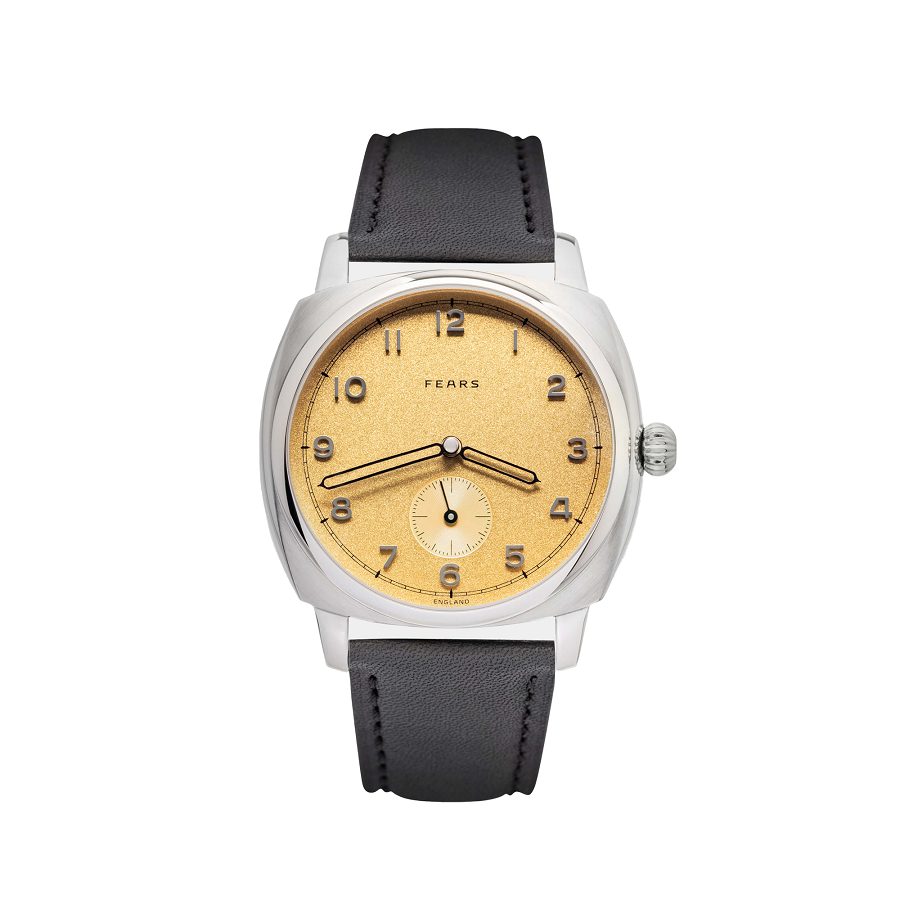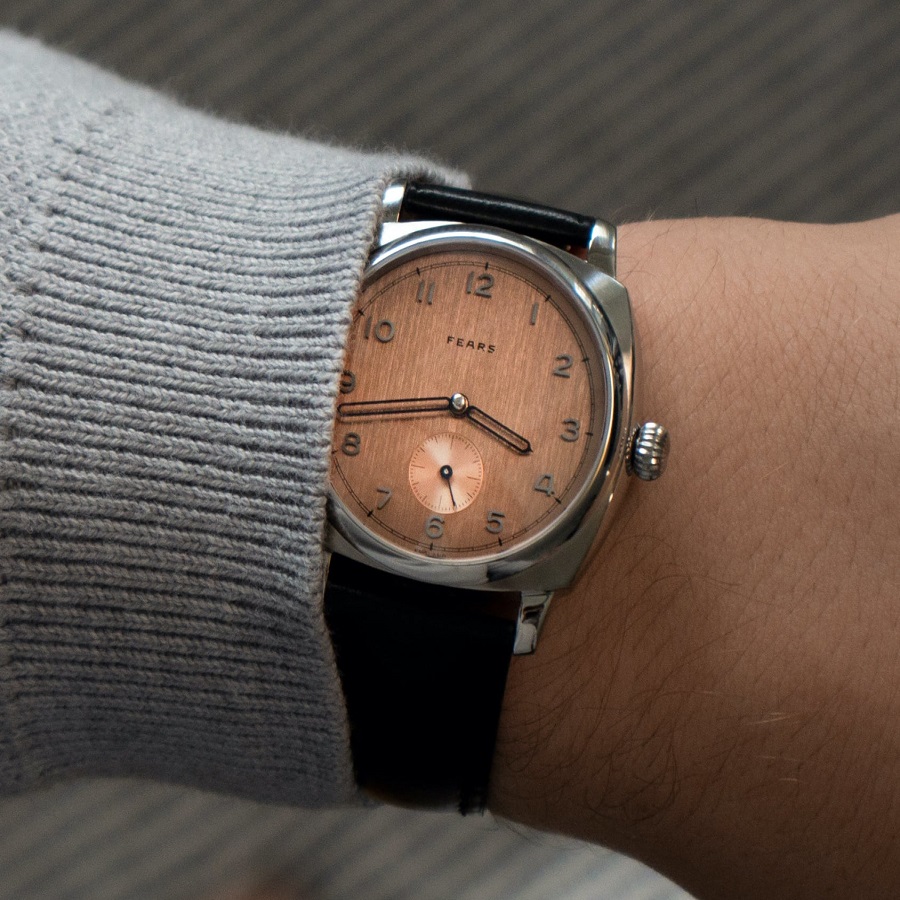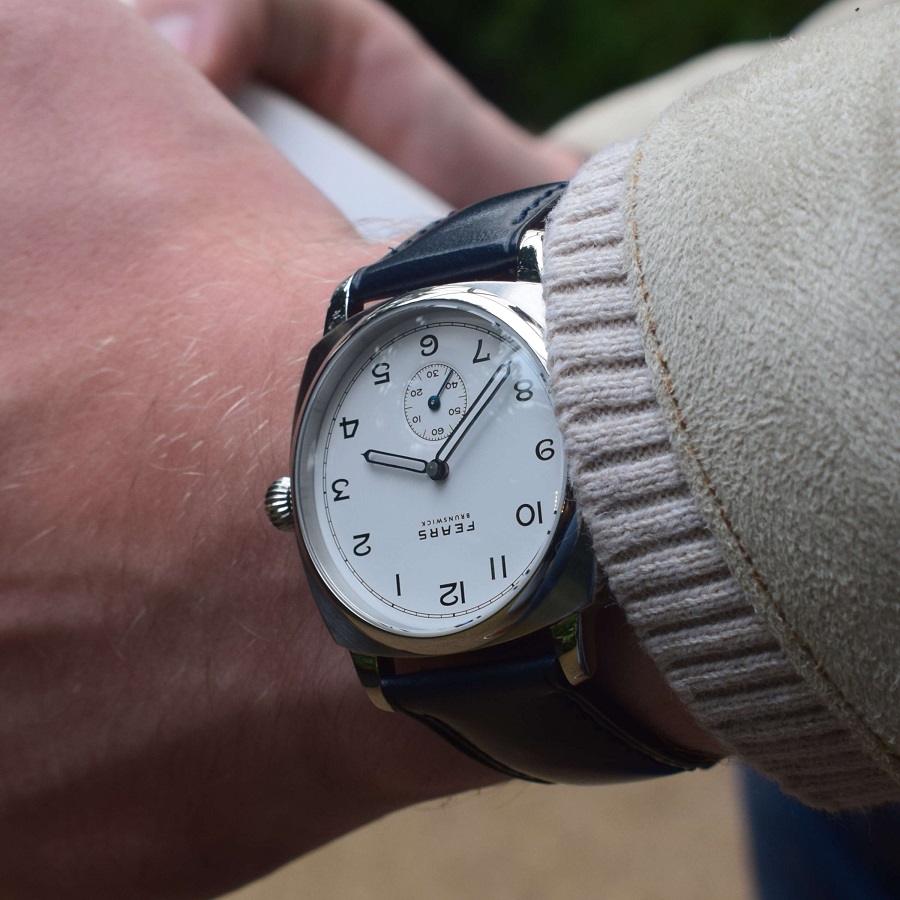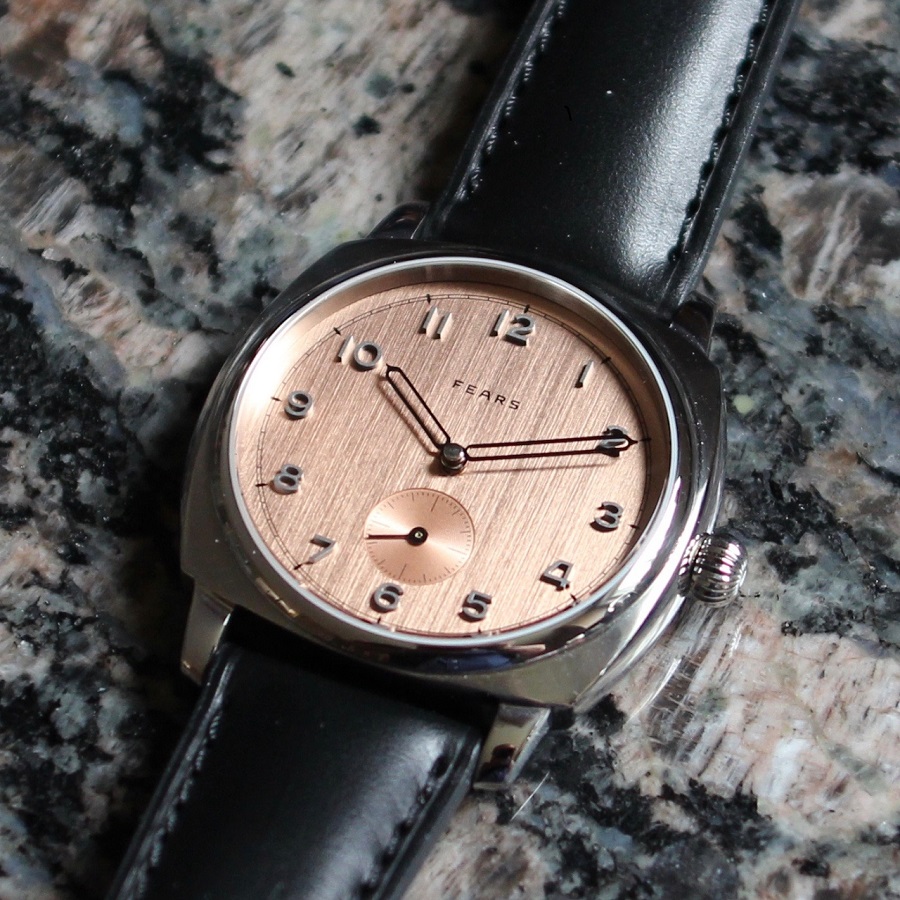Introduction
Fears watches – Time has always been an enigmatic concept for humanity. It governs our lives—dictating our schedules, shaping our memories, and ultimately marking our mortality. Yet, for some, this omnipresent force morphs into a source of fear and anxiety, particularly manifested through watches and clocks. Known as horophobia, the fear of clocks and watches can significantly impact one’s daily life, social interactions, and mental well-being. Understanding this fear, its roots, and pathways for overcoming it can lead to not just alleviation but empowerment.
Understanding the Origins of Horophobia
To confront the fear of watches and clocks, it’s essential to delve into its possible origins. Many psychological fears, including horophobia, can stem from:
Negative Associations:
- Past Trauma: Sometimes, a traumatic event linked to timekeeping—like a critical moment in life that was closely tied to a clock—can trigger this fear. For instance, if someone experienced a significant loss or major life change at a specific time, seeing a clock might provoke anxiety.
- Parental Influence: Children often absorb fears from their caregivers. A parent expressing frustration at “running out of time” can instill an underlying anxiety associated with timekeeping.
General Anxiety:
- Those prone to anxiety may find that time, represented through clocks and watches, heightens their fear of being late, missing deadlines, or experiencing life slipping away. The ticking of a clock may serve as a constant reminder of these pressures, leading to horophobia.
Perfectionism:
- Individuals who struggle with perfectionism often fear they cannot meet expectations within given timeframes. Clocks become symbols of their perceived failures, reinforcing their anxiety.
Fear of Death:
- Clocks are stark reminders of mortality, counting down each moment of life. Individuals grappling with existential fears may feel overwhelmed by how time reflects the finite nature of existence.
The Impact of Horophobia
Living with a fear of watches and clocks can lead to numerous challenges, including:
Social Isolation:
- Avoidance of environments where time is closely monitored—like workplaces, schools, or social gatherings—can lead to increased isolation and loneliness, further perpetuating anxiety.
Decreased Productivity:
- Fear often results in avoidance behaviors. Many who fear clocks may struggle with punctuality or planning, leading to chronic tardiness or missed opportunities.
Deterioration of Mental Health:
- Constant anxiety can lead to stress-related health issues, including depression, sleep disturbances, and even physical ailments.
Strategies to Overcome Horophobia
Facing the fear of watches and clocks is a gradual journey that requires patience, understanding, and practical steps. Here are some strategies to help individuals confront and potentially overcome horophobia:
Understanding the Fear:
- Journaling: Keeping a journal can help individuals articulate their feelings about time and identify triggers. Writing down concerns can often negate their power.
- Cognitive Behavioral Therapy (CBT): Consulting with a therapist can help identify irrational fears and reframe thinking patterns associated with timekeeping.
Gradual Exposure:
- Desensitization: Start with a non-threatening approach by keeping a clock present but distant—like using a clock wallpaper on a phone. Gradually interacting with actual clocks without pressure can lessen fear.
- Controlled Environments: Spend time in places where clocks are present but in a controlled way, allowing individuals to engage with them calmly.
Mindfulness Techniques:
- Meditation: Practicing mindfulness allows individuals to focus on the present. Techniques such as breathing exercises can help center attention away from anxiety-provoking thoughts centered on time.
- Grounding Techniques: When anxiety spikes, grounding methods—like focusing on physical sensations or nearby objects—can redirect attention from the clock.
Reframing Time:
- Positive Associations: Transforming the notion of time from a pressure point to a tool for structuring enjoyable activities can shift the focus. Instead of fearing time, look at it as a resource for planning positive experiences.
- Avoiding the Countdown Mentality: Instead of counting down to future events with urgency, focus on enjoying the present moment and its unfolding, reducing the anxiety tied to what’s next.
Community Support:
- Support Groups: Connecting with others who share similar fears can provide comfort and validation. Participating in discussions can demystify and normalize the anxiety surrounding clocks and watches.
- Share Experiences: Engaging in conversations with friends and family about fears can often alleviate feelings of isolation and shame.
 The Psychology of Time
The Psychology of Time
To understand the anxiety surrounding watches, we must first grasp the psychology of time itself. Time is not merely a sequence of moments; it is intertwined with our perceptions, energies, and experiences. In modern society, time is commodified. We schedule our days around clock time, rush through tasks to meet deadlines, and prioritize efficiency over leisure. This frenetic pace perpetuates a culture of urgency, where the day never seems long enough, resulting in a pervasive sense of futility.
Many individuals experience what psychologists refer to as “time anxiety,” characterized by feelings of restlessness, pressure, and worry about how time is being utilized. For some, simply looking at a watch can trigger these feelings. The ticking hands can symbolize the relentless march toward deadlines, the inevitability of aging, and the weight of missed opportunities. This creates a cycle of anxiety that is difficult to break.
The Impact of Watches on Daily Life
For individuals with a fear of watches, or watch anxiety, the implications can be profound. These feelings can lead to aversions towards punctuality or a general disinterest in managing time effectively. The everyday act of checking a watch can become an emotionally charged experience. Below are a few ways this anxiety manifests in daily life:
- Procrastination: For some, the anxiety of limited time can trigger procrastination. Instead of tackling tasks head-on, they prefer to escape the pressure altogether. This often leads to increased stress as deadlines loom closer, creating a vicious cycle of avoidance and overwhelm.
- Social Interactions: Time is a constant factor in social settings, influencing when and how long we engage with others. Individuals who fear watches may avoid social situations where time constraints are evident, leading to isolation and missed opportunities for connection.
- Career Choices: The workplace is often seen as the epitome of time pressure. Many individuals may shy away from jobs or positions that require strict time management. This avoidance can result in career stagnation and a sense of unfulfillment.
- Life Planning: The fear of time can sap the joy out of life planning. Important milestones such as marriage, parenthood, and career progression can feel overwhelming. Questions like “Am I running out of time?” or “Have I wasted my time?” can loom large, leading to paralysis when it comes to making big decisions.
Understanding the Roots of Fear
The origins of watch anxiety vary from individual to individual. Several factors contribute to this psychological phenomenon:
- Cultural Context: In cultures that prioritize time management and efficiency, the pressure to conform can create anxiety surrounding time perception. Social comparisons can exacerbate feelings of inadequacy.
- Childhood Experiences: Childhood experiences often shape our relationship with time. For instance, growing up in a household with rigid schedules or excessive focus on achievements can instill a deep-seated fear of not meeting societal expectations.
- Existential Factors: Time is intrinsically linked to existential concerns. Questions about mortality, purpose, and the value of experiences can create a fraught relationship with time. For some individuals, watches can serve as a looming reminder of life’s fleeting nature, heightening anxiety.
Coping Mechanisms
While the anxiety of watches can feel overwhelming, there are strategies that individuals can employ to manage this fear:
- Mindfulness Practices: Mindfulness and meditation can help individuals develop a healthier relationship with time. By focusing on the present moment, individuals can alleviate preoccupations about the past and future.
- Time Management Strategies: Learning effective time management techniques can help mitigate feelings of urgency and stress. By setting realistic goals and creating schedules that allow for breaks and personal time, individuals can regain a sense of control.
- Therapeutic Support: Seeking the guidance of a therapist can provide individuals with tools to confront their fear of watches. Cognitive-behavioral therapy, in particular, can help individuals reframe their negative associations with time.
- Creating Space for Leisure: Engaging in activities that bring joy and relaxation helps redefine one’s relationship with time. Setting aside periods of unstructured time can combat the sense of urgency.
- Limit Clock Visibility: For those particularly affected by watch anxiety, limiting exposure to time-constricting devices—like watches—can be beneficial. Instead, using phones or other methods to track time may feel less intimidating.
 Conclusion
Conclusion
Horophobia, while a unique fear, is not insurmountable. By recognizing the origins of this fear, understanding its impacts, and employing effective coping strategies, individuals can reclaim their relationship with time. As we work to face the ticking clocks and overwhelming watches, we gradually learn to harness the power of time rather than letting it govern our lives. Remember, time flies, but it doesn’t dictate your every moment. The path to overcoming horophobia is one of patience, understanding, and ultimately, freedom.
